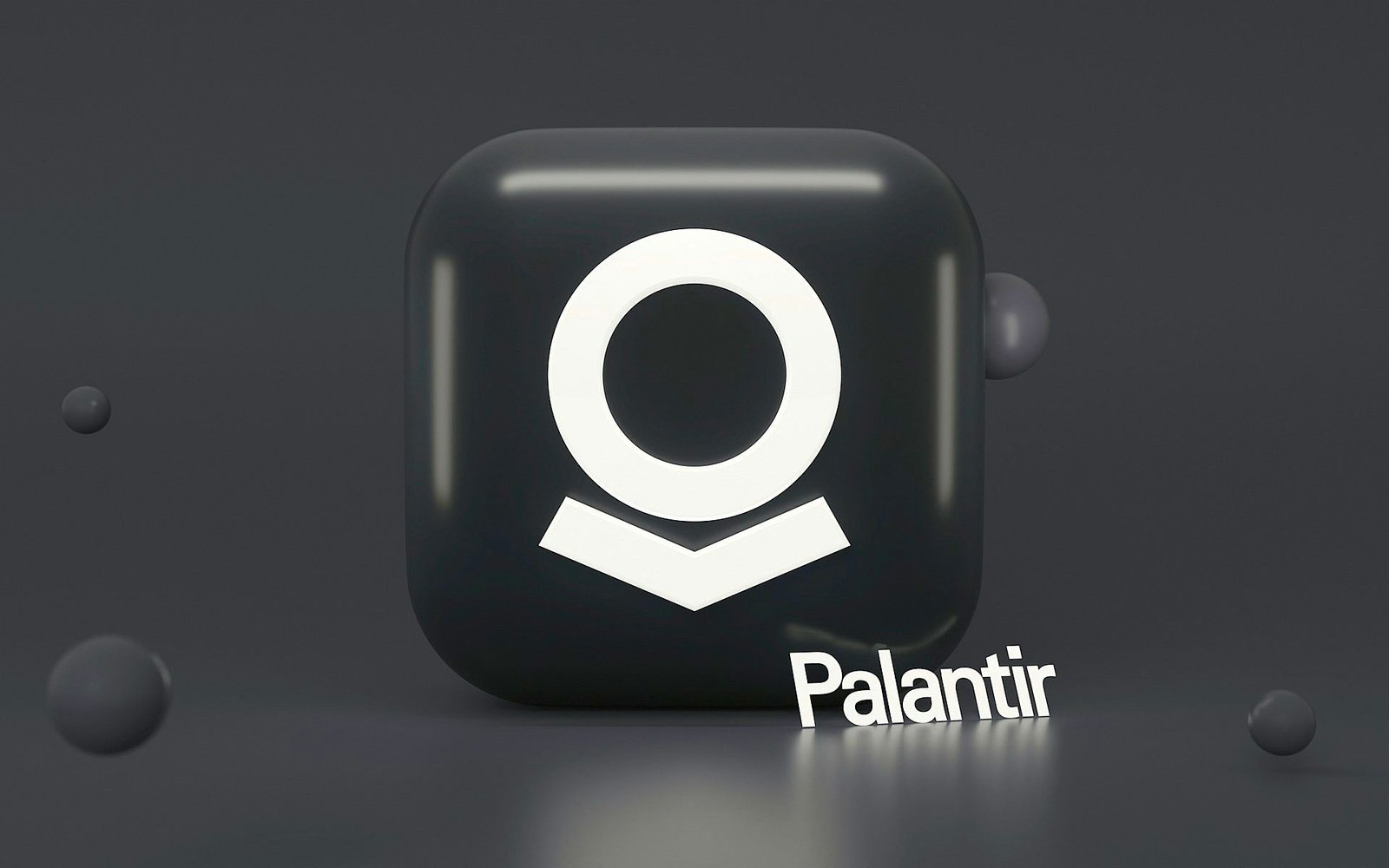AI-Generated Image. 5 Biggest Tech Industry Supervillains by Tech Is The Culture
5 Biggest Tech Industry Supervillains: Masters of Power, Profit, And Planetary-Scale Shenanigans
Let’s be real: Silicon Valley’s “save the world” slogans are about as genuine as a $3 bill. Behind the hoodies and TED Talks lurk executives wielding more influence than most governments, armed with algorithms, satellites, and enough hubris to power a small moon colony. Here’s your guide to the tech industry’s most charming supervillains—the ones who’ve turned disruption into an art form and ethical quandaries into quarterly earnings reports.
1. Mark Zuckerberg: The Data Vampire Who Can’t Stop Smiling
As supervillains go, Mark Zuckerberg’s not too shabby. His origin story is textbook supervillain material: a Harvard dorm project turned global surveillance machine. Facebook (now Meta) has been accused of everything from enabling genocide in Myanmar to addicting teens to algorithmic despair. His response? A metaverse so dystopian even Jack Dorsey called it “flailing.”
Zuckerberg’s greatest power? Reality distortion. He’ll lecture Congress about “community” while quietly hoarding enough user data to make the NSA blush. When Apple dared to let users opt out of tracking, Zuck threw a tantrum so epic he allegedly ordered employees to switch to Android phones. His latest pivot? Abandoning third-party fact-checkers for a “Community Notes” system that lets users crowdsource truth like it’s a Yelp review. Spoiler: It’s chaos.
Quote of Note: “Move fast and break things” — unless it’s your own reputation, apparently.
2. Jeff Bezos: Lex Luthor With Prime Shipping
Bezos didn’t just build an empire—he built a blueprint for corporate domination. Amazon’s warehouse conditions have been compared to “modern-day sweatshops,” while its antitrust battles could fill a library. But Bezos’ true villainy lies in his relentless expansionism. From buying The Washington Post to launching Blue Origin (SpaceX’s less-cool cousin), he’s hellbent on controlling everything from your toilet paper to your orbit.
Oh, and let’s not forget his philanthropic flair: Bezos once thanked Amazon workers for funding his space joyrides, saying they “paid for all of this.” Classy.
Quote of Note: “Your margin is my opportunity” — unless you’re a small business, in which case, your opportunity is his margin.
3. Steve Jobs: The Perfectionist Tyrant Who Made You Love Your Cage
Jobs may be six feet under, but his legacy of artful control lives on. The man who convinced us to pay $1,000 for a phone with no headphone jack also pioneered walled gardens so lush, you’d forget they’re prisons. Remember when Apple throttled older iPhones to “protect batteries”? More like protecting profits.
Jobs’ supervillain credentials? Charismatic manipulation. He sold “Think Different” while suing anyone who dared to innovate similarly. His reality distortion field was so potent, employees reportedly wept during his tirades—then thanked him for the privilege.
Quote of Note: “It’s not a phone. It’s a revolution” — and you’ll pay $40 for a replacement charger.
4. Elon Musk: The Memelord Of Mars
Musk is what happens when a Bond villain discovers Twitter. He’s union-busted Tesla factories, mocked COVID precautions as “fascist,” and turned SpaceX into a geopolitical pawn. But his pièce de résistance? Weaponizing hype. Whether it’s flamethrowers, Cybertrucks, or brain chips, Musk sells tomorrow’s vaporware today—and short-sellers pay the price.
His feud with Jeff Bezos over space dominance is pure comic-book fodder. When Musk surpassed Bezos as the world’s richest man, he taunted him with a statue of the number “2.” Subtlety? Never heard of her.
Quote of Note: “I’m trying to do useful things” — like tweeting conspiracy theories to tank stock prices.
5. Sam Altman: The AI Puppeteer With A Smile
Sam Altman is one of the new kids on the supervillain block, but oh, does he hustle. As OpenAI’s CEO, he’s racing to build AGI (artificial general intelligence) while insisting it’s “for the good of humanity.” Sure, Jan. His cozying up to Trump—donating $1M to the inauguration fund—hints at a darker play: shaping AI policy before regulators can blink.
His feud with Musk? Icing on the cake. After Musk sued OpenAI for “betraying its mission,” Altman shrugged and kept courting DC power brokers. The endgame? Monopolizing the future.
Quote of Note: “AI will eclipse nuclear weapons in importance” — and he’s holding the match.
Why These Supervillains Are All Winning (And Why We’re All Losing)
These five supervillains didn’t just disrupt industries—they rewrote the rules of power. Zuckerberg and Bezos control data and infrastructure; Jobs and Musk sell dreams wrapped in hardware; Altman peddles existential risk as a growth strategy. Their common thread? Accountability aversion.
When the EU fines Meta billions, Mark Zuckerberg pivots to VR. When Amazon workers unionize, Bezos launches another satellite. And when regulators finally catch up? They’ll already be mining asteroids.
Final Thought: The line between “visionary” and “supervillain” is thinner than the privacy settings on Facebook. Choose your heroes wisely.
Let us know your thoughts on the subject at techistheculture.bsky.social. Keep ahead of the game with our newsletter & the latest tech news.
Disclaimer: This article may contain some AI-generated content that might include inaccuracies. Learn more [here].



